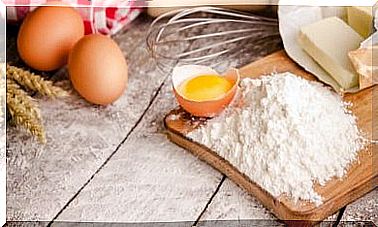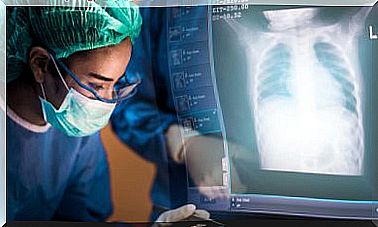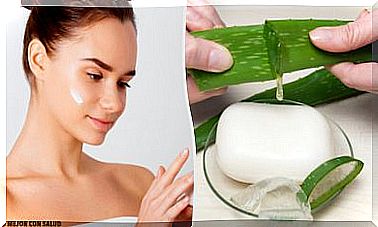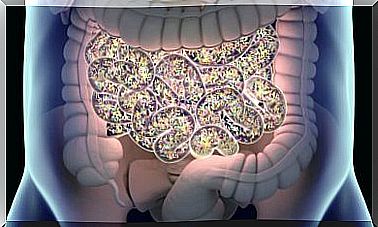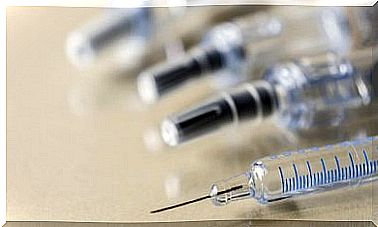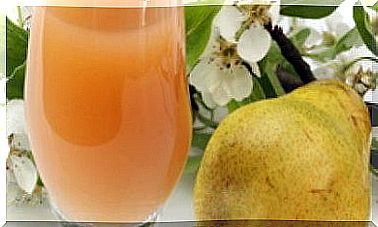Discover 3 Essential Sources Of Sugar For Your Brain
We have reached a point where just by saying the word “sugar” most of us get scared and put our hands to our heads as if it were a real poison for the brain. Now, we don’t have to be afraid of sugar and go to the extreme.
While it is true that sugar has harmful effects on health, this does not mean that we can never consume it again. How? Can we consume sugar? Don’t we have to forget about it and avoid it at all costs? Well no. No need to exaggerate.
It must be remembered that, in addition to vitamins, minerals and other nutrients, what the brain needs is glucose to function, and it needs it in high amounts. However, and here comes the most important data, we have to take care of the type of source from which we obtain it.
Consuming certain foods rich in glucose moderately, within a balanced diet, does not mean at all that we will develop diabetes or obesity. The problem would be in the excesses.
Let’s see below which are the most recommended sources of sugar so that the brain works at 100%.
Sugars: yes or yes for the brain
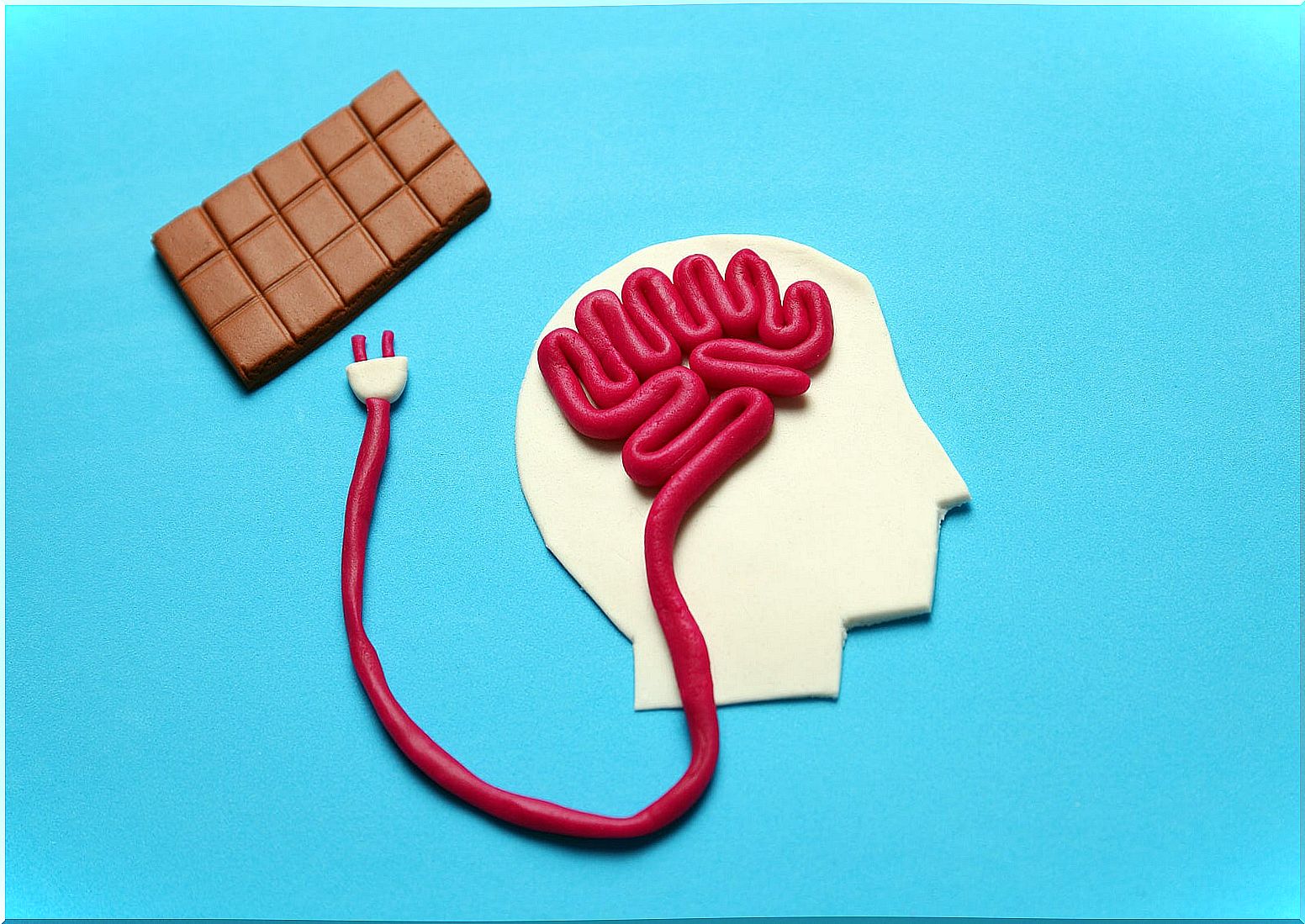
The sugars that come from natural foods are essential for brain function. Therefore, candy, ultra-processed, and many industrial edibles are not the best option for brain health.
Neuroscientist Raquel Marín confirms that the brain is a demanding eater. Therefore, the idea that “eating whatever” we are going to provide what you need to function properly is not correct.
- Glucose is a vital energy source for cells.
- Nerve cells in the brain are the ones that demand the most energy.
- The brain depends on glucose, whether we like it or not. However, an excess of both white sugar and the classic fructose, can cause the opposite effect to the desired one.
- Hypoglycemia causes a loss of brain function.
So once again, the key is to keep your eating balance and choose the best glucose sources wisely, not just any industrial product packed with artificial sugar. We can choose, for example, those present in carbohydrates.
1. Polysaccharides
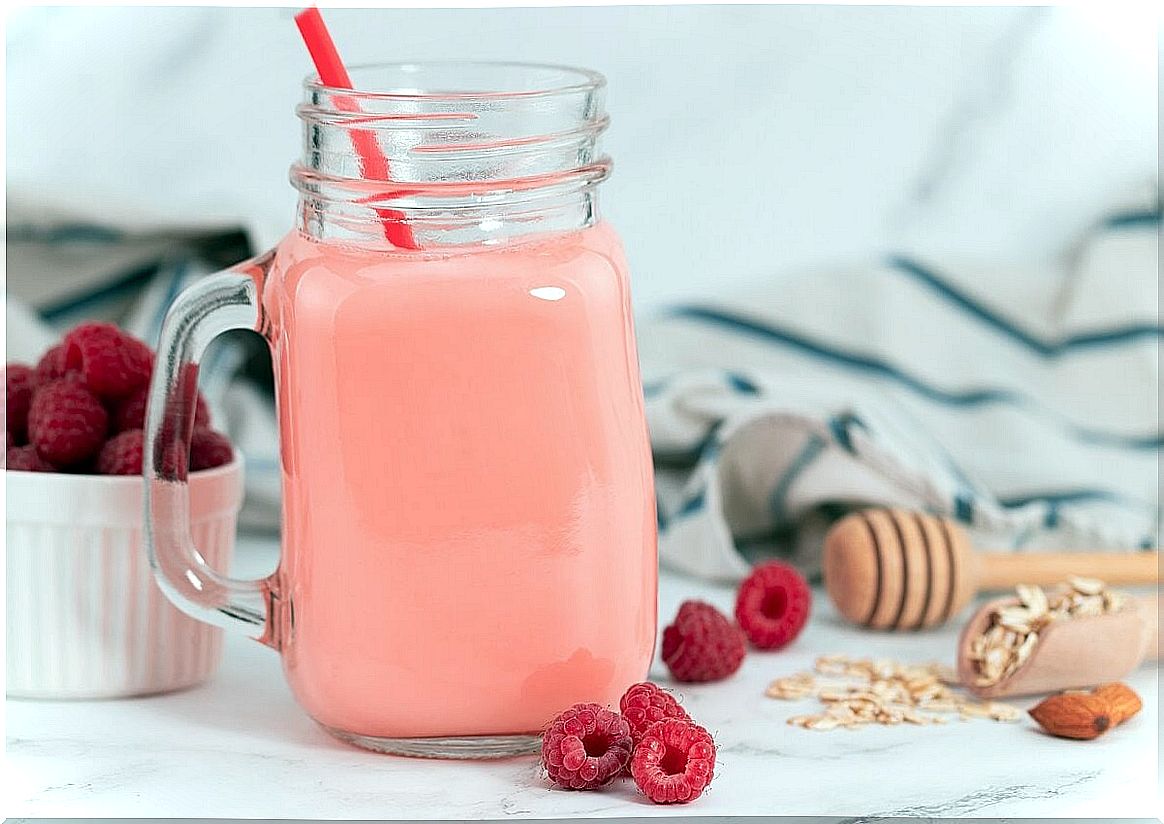
Glucose is the “gasoline” required by cells to perform their functions. We therefore have to give them the best fuel and, for this, we can start by looking for those foods rich in polysaccharides.
Polysaccharides are formed by the union of hundreds of monosaccharides. Most of them are made up of glucose and are therefore a great option that the brain will appreciate. We explain what the best options are:
- Corn.
- Rice.
- Oatmeal.
- Potatoes.
- Apples
- Spinach.
- Garbanzo beans.
- Carrots
- Olive oil.
2. Oligosaccharides
Oligosaccharides are another type of carbohydrate. They are characterized by being short chains of monosaccharides, and the best known of them all is undoubtedly cane sugar or brown sugar. You can also find them in what is now known as fructooligosaccharides or prebiotic foods, in addition to those listed below.
- Garlic.
- Leek.
- Alfalfa.
- Tomato.
- Banana.
- Onion.
- Chicory.
- Artichoke.
3. Monosaccharides
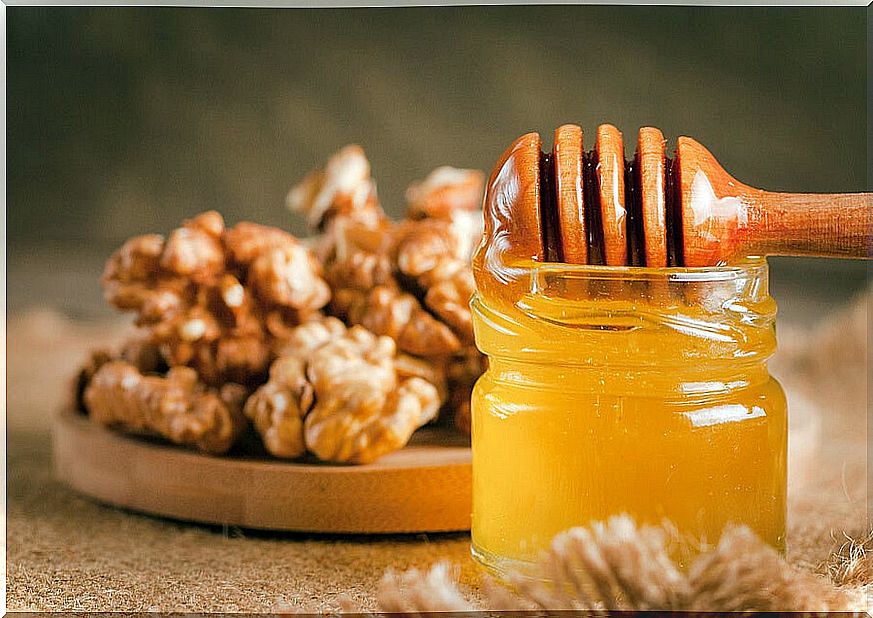
When we talk about monosaccharides we mean simple sugars. An example of a monosaccharide is glucose, which is found in most fruits and vegetables.
However, there are some very specific foods in which you will find the healthiest source of energy for your brain:
- Grapes.
- Honey.
- Blueberries
- Corn syrup.
- Maple syrup.
The sweet, better in the morning
We already know which are the best sources of sugar for the brain, those that do not contain empty energy and that, being slowly absorbed, will allow us to enjoy more refined cognitive abilities throughout the morning.
However, we are also aware that we all love sweets. That eating a cake, a bun, some crepes with honey, fruit or chocolate is something that we feel like very often. So should we avoid this type of option?
As we pointed out at the beginning, the key is to maintain balance and moderation. Sweets, if they are taken once or twice a week, do not suppose any excess.
Remember though: glucose tolerance is much better in the morning. So, keep this simple advice in mind: the sweet is best in the morning, never at night.
